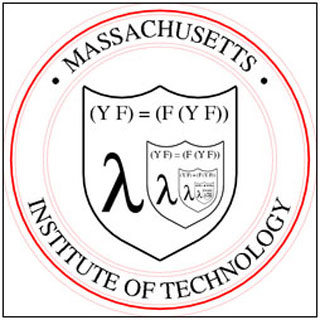Course Description
This course covers concepts and techniques for the design and implementation of large software systems that can be adapted to uses not anticipated by the designer. Applications include compilers, computer-algebra systems, deductive systems, and some artificial intelligence applications. Topics include combinators, …
This course covers concepts and techniques for the design and implementation of large software systems that can be adapted to uses not anticipated by the designer. Applications include compilers, computer-algebra systems, deductive systems, and some artificial intelligence applications. Topics include combinators, generic operations, pattern matching, pattern-directed invocation, rule systems, backtracking, dependencies, indeterminacy, memoization, constraint propagation, and incremental refinement. Substantial weekly programming assignments are an integral part of the subject.
There will be extensive programming assignments, using MIT/GNU Scheme. Students should have significant programming experience in Scheme, Common Lisp, Haskell, CAML or some other “functional” language.
Course Info
Learning Resource Types











